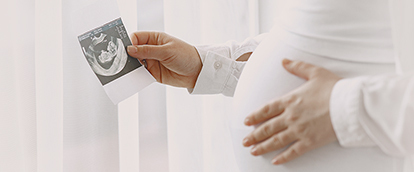


BMI or Body Mass Index is a measure of body fat based on height and weight and is applied to adult men and women. High BMI indicates obesity while a low BMI indicates skinniness. Both extremes, very thin and obese, can affect fertility in a man or woman.
Maintaining an ideal weight is very important for our overall health and it has a direct effect on fertility as well as the outcomes of infertility treatments and fertility.
Low BMI indicates many fertility problems. Studies have shown that about 12% of infertility cases are related to being underweight or low BMI.
High BMI results in obesity. Obesity is a major problem that affects both male and female population.
First-Time-Visit